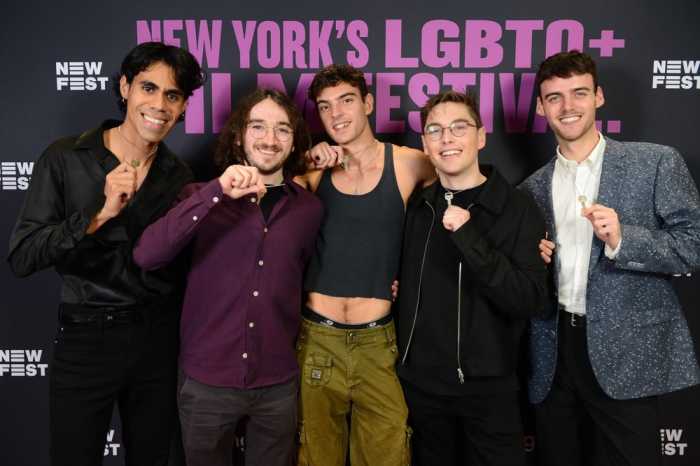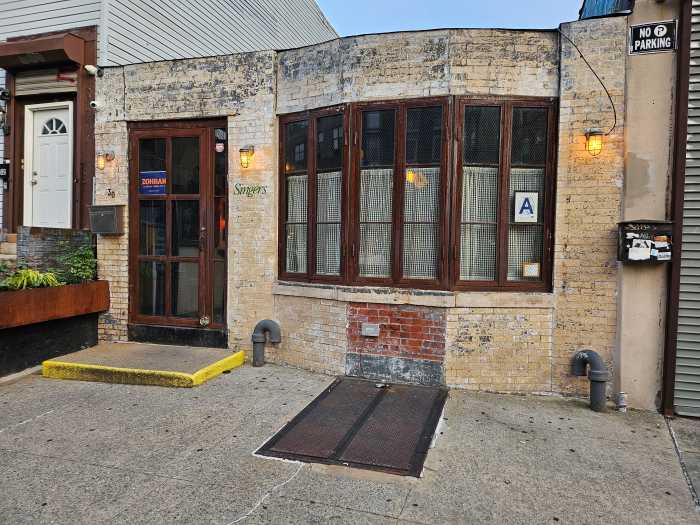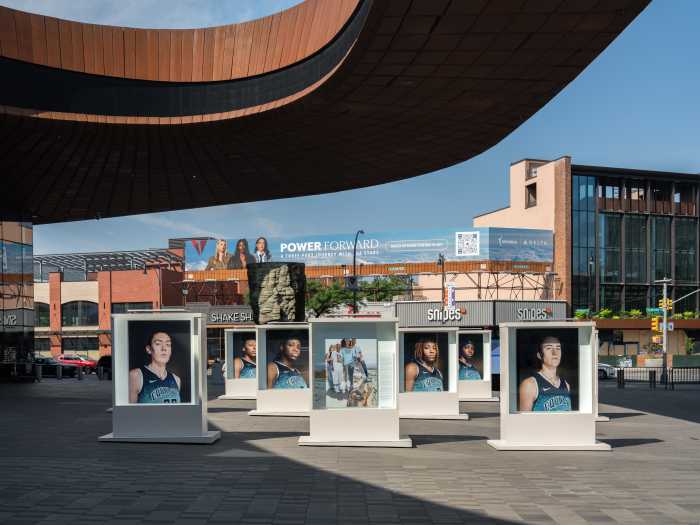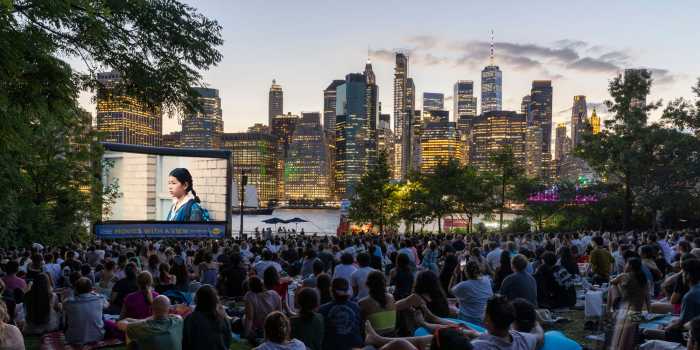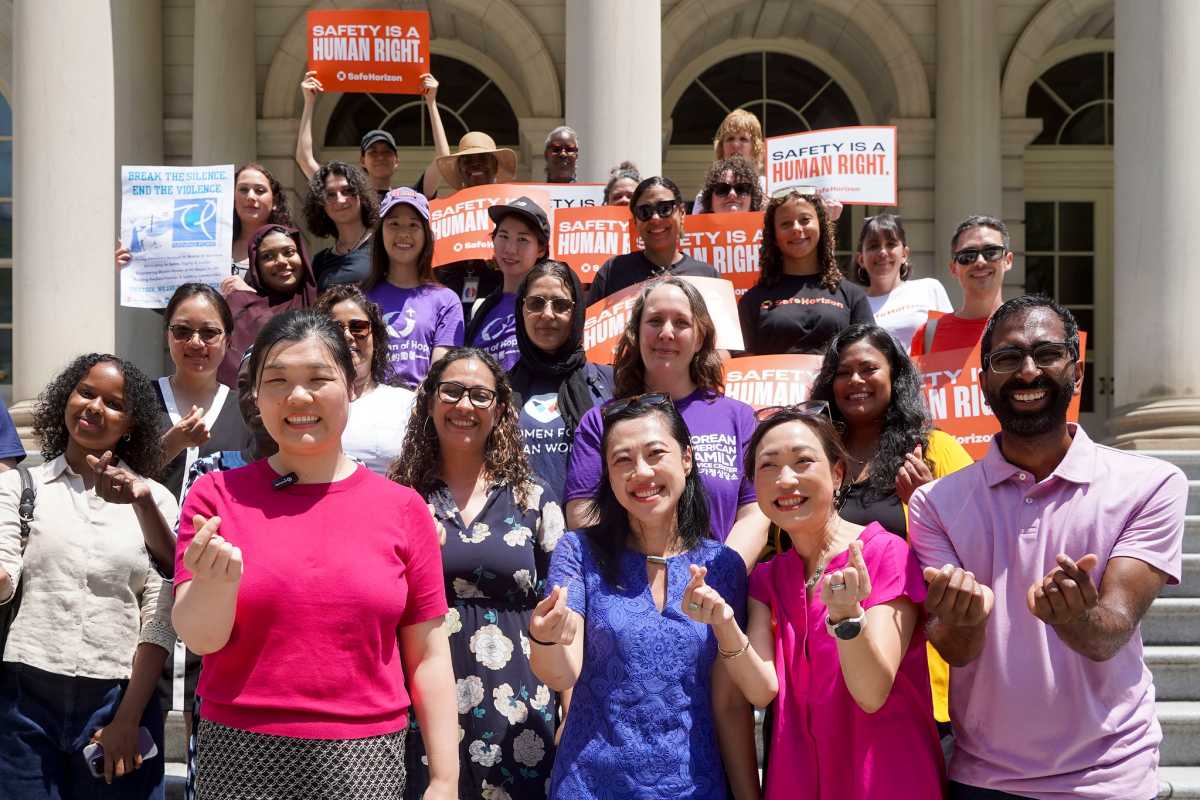The Opera Company of Brooklyn
is employing an unusual cost-saving measure in its latest production,
"The Magic Flute."
The company’s mandate – to present affordable opera for the entire
borough – includes keeping their own costs down.
"Everyone donates their time and fees," explains Opera
Company of Brooklyn’s artistic director, Jay Meetze. "This
season we were unable to find musicians who would not accept
fees for performing, but next season we hope to have live musicians."
In lieu of flesh-and-blood players, the virtual orchestra for
Mozart’s "The Magic Flute," will make its debut on
Aug. 9 at 8 pm, at the Voorhees Theatre, 186 Jay St. at Tillary
Street in Downtown Brooklyn.
The virtual what?
"It uses pre-recorded sample sets of musicians that are
stored into a computer," Meetze says. "Every note of
the opera’s score has been entered into the computer over the
course of two years. Then I come in to communicate [to the technicians]
what the specific articulations, colors and dynamics are in the
music.
"At the performance, someone sits at the keyboard and taps
along to my beat as I conduct the singers," he says. "Because
the audio speakers are placed in the same acoustical setup as
a live orchestra, it also helps the singers [who are accustomed
to certain sounds emanating from specific places in the hall]."
The company’s controversial decision to use the virtual orchestra
has prompted two famed opera singers, Marilyn Horn and Deborah
Voigt, to resign as artistic trustees.
But it is that reliance on 21st-century technical wizardry that
distinguishes this "Magic Flute," and doubtless many
ticket-holders will be attending just to see how this newfangled
orchestra works.
"This is an experiment, the first time that the virtual
orchestra will control the lighting and video for the entire
show," Meetzes says. "We’re going to utilize our technology
to its fullest capabilities."
Stage director Enrique Abdala decided to set Mozart’s fairytale
opera – abounding in abstruse Freemason symbolism – in a time
far, far away the year 2163 to be exact.
"I’m doing it as a kind of ’Men in Black’ take-off,"
Abdala says. "I want to explain the story better, since
traditional stagings usually fail to tell it well. It just makes
sense to present it in a futuristic way, since we’re using all
this technology."
Tickets are $25, $15 for Brooklyn residents with ID, $5 for students
with ID, and free for Brooklyn students with ID. For more information,
call (212) 567-3283 or visit the Web site at www.members.aol.com/operabrooklyn/.
SCI-FI ’FLUTE’
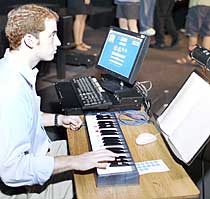
The Brooklyn Papers / Greg Mango



